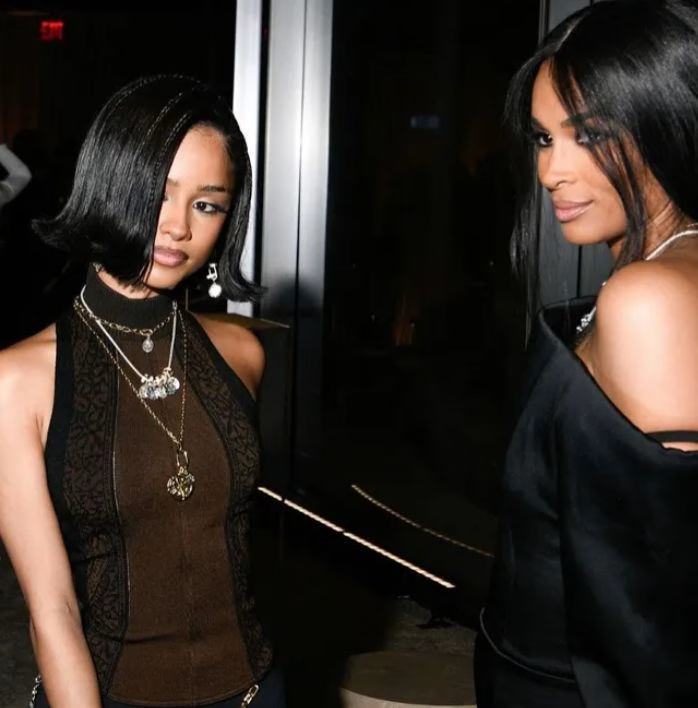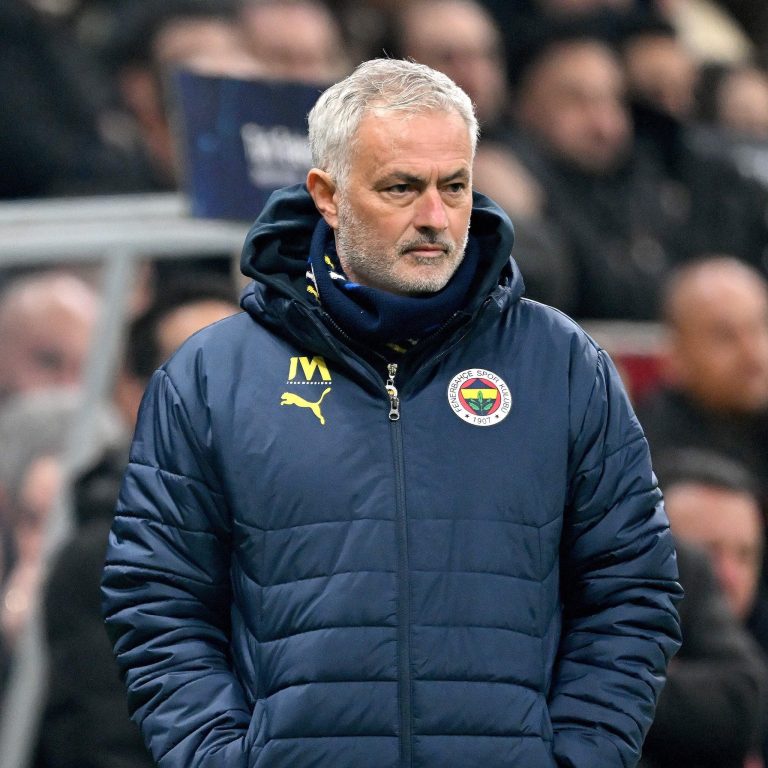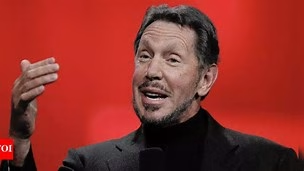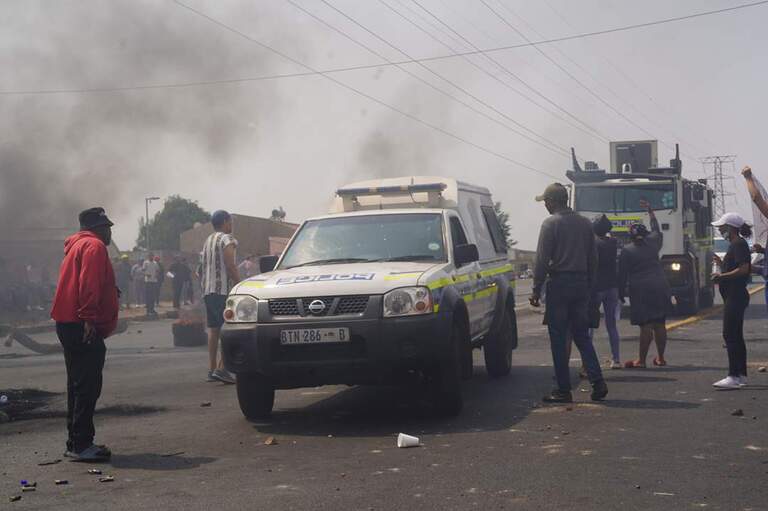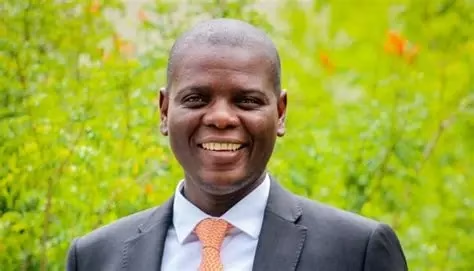
1706554053670 jpg
Picture courtesy @Myanc
Angus Opperman
(The Post News)- It’s been 30 years since the first democratic election took place in South Africa, which saw the African National Congress (ANC) win with 62.6% to see a new reign of the South African political landscape post-apartheid, which saw a mixture of hope, fear, and excitement among different racial groups and cultures.
The ANC’s support went up to 66.4% in 1999 and became even stronger in 2004, when they accumulated 69.7% of votes. However, in 2009, we saw a significant drop down to 65.9%, with controversial former president Jacob Zuma coming into power during a time when he had a rape charge against him.
Zuma’s tenure was riddled with controversy, which included the Gupta family’s link with state capture and dodgy nuclear deals, which saw a public outcry to see him removed from his position as state president when he opted to resign in February 2018. That sparked a lot of hope for the country under Ramaphosa, but sadly, it’s been even worse in his tenure to date.
The failures of the ANC in most aspects, including service delivery, corruption, and state capture, to name a few, saw their support drop significantly in 2009 to 65.9% and even less in 2014 to 62.2%, and for the first time under 60% when they recorded 57.5% of the national votes in 2019 when current president Cyril Ramaphosa came into power.
Despite level 6 loadshedding, a growing unemployment rate, an increasing crime rate, and SOE’s collapsing, one shouldn’t forget the ANC support that was lost to the EFF when former youth leader Julius Malema got the boot from the ANC, leading him to form the EFF, and more recently, Jacob Zuma’s MK party, which could dent the KZN support as the former president is seen as a cult hero in the region, as we saw with the looting that took place when he gave himself over to the law.
There’s also the issue of the moonshot package, where various political parties came together to form a possible coalition should the ANC get less than 50% of the national votes. The pact consists of the following political parties: Democratic Alliance, ActionSA, Inkatha Freedom Party, Freedom Front Plus, United Independent Movement, Spectrum National Party, and the Independent South African National Civic Organisation.
Various polls suggest that the ANC could fall below the 50% support rate, which means the moonshot pact could well be in with a shot. With South Africa virtually on its knees in many aspects due to the ANC’s failures, it’s no surprise that they poll under 50%, but polls are like score predictions for a sporting match, you will only get the actual result when all is said and done.
South Africa could see a new political landscape in 2024, yet many twists and turns could determine that as the EFF, GOOD, and PA could all side with the ANC to give the moonshot package a kick in the teeth. The 2024 elections will be closer than ever, and whether the ANC will live to see another tenure in charge remains to be seen.
